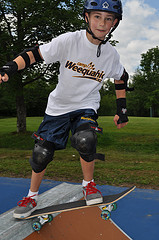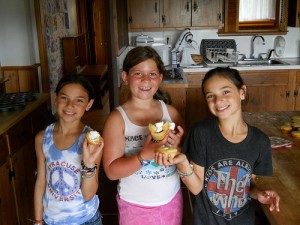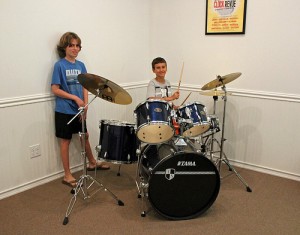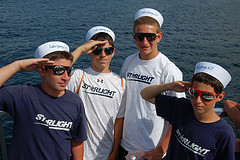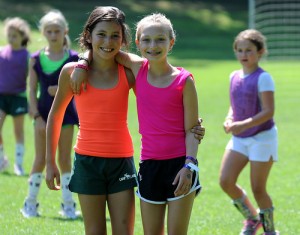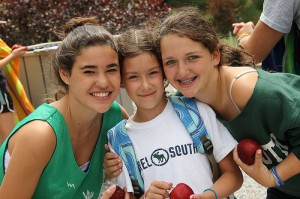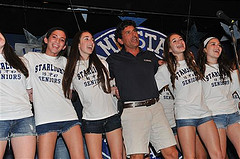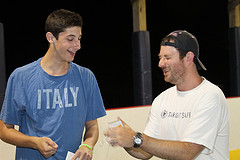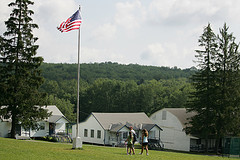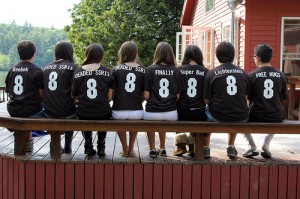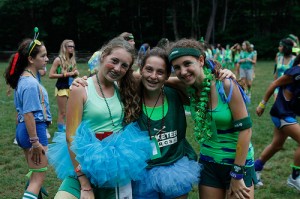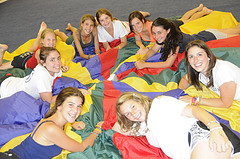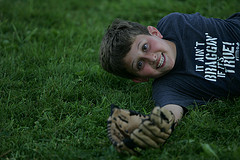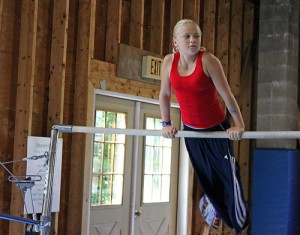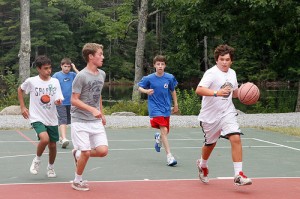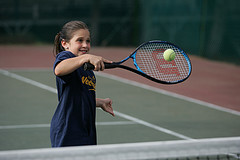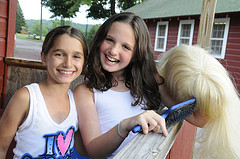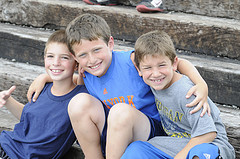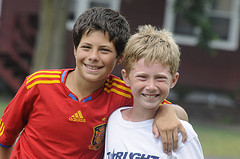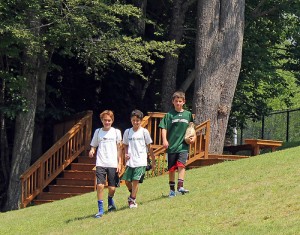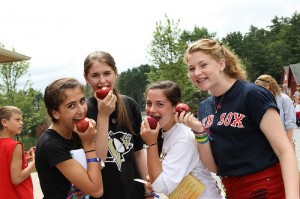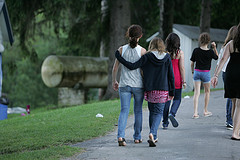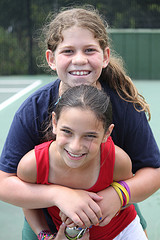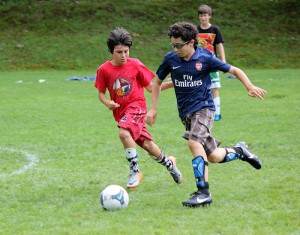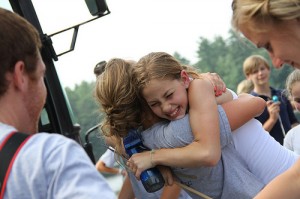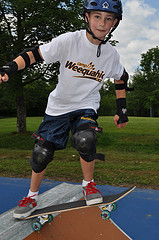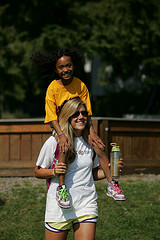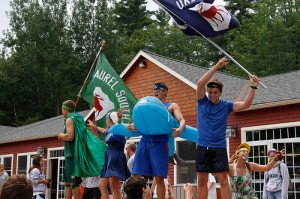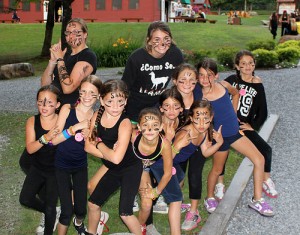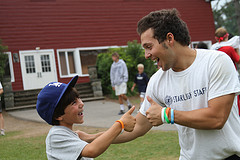For the holidays, we’re featuring an aptly themed guest blog about “joy” written by Cole Kelly, Director of Camp Weequahic:
As school lets out and families spend time together at the end of each year, we spend a lot of time wishing ‘Joy’ to one another.
It is a joyful occasion, is it not? Parents who work hard throughout the year take a few moments to relax and connect with their children. Kids are thrilled to be out of school for a few weeks and look forward to the celebration of their family’s holiday. The tv is full of messages of good tidings and cheerful holiday music plays through most speakers.
All of these joyful tidings made me remember what a mentor once said about true joy. He told me about three major points concerning true joy that I’d like to share with you.
First, if you want to be joyful, surround yourself with joyful people.
That is one of reasons I love camp so much. One of the defining themes of camp staff interviews and training is joy – how much counselors have and how willing they are to express it. The best staff members may not be the most talented singers, hockey teachers, or bunk cleaners. They are, however, always the most joyful.
So, how do you handle those ‘joy suckers’ around you? My friend suggested to be kind to them but just don’t hang out with them. Makes sense to me!
 Secondly, true joy comes from devoting your life to something larger than your own personal happiness.
Secondly, true joy comes from devoting your life to something larger than your own personal happiness.
Tony (Camp Weequahic Assistant Director) and I were just talking the other day about our most memorable coaching experiences. Both involved helping a young person achieve a level of athletic competence they didn’t think possible. The look on their faces when they did something they never thought they could do was priceless. There was complete joy in their faces and manner. That was the best reward we could have received!
Camp counselors and campers see this every day. Bunks and cabins that truly come together becomes an ‘us’ rather than a collection of ‘me’s.’ And that is when the magic really starts to happen.
By the way, did you know that those who devote themselves to their own personal happiness never truly find it? It will always remain out of reach.
Finally, he told me that joy will always be in spite of something else. 
I love this point. Camp, as much as we would like to make it so, is never perfect. There will always be a few bugs, a meal that is not as good as mom’s, or an evening activity that is just not your favorite. However, if you are waiting for the conditions to change in your life for joy to arrive, you’ll wait a mighty long time.
Karl Barth said “Joy is a defiant ‘never the less!’ It’s not contingent on circumstances. If it is, we are all in trouble.”
Sure, we can be upset by something. However, this moment of sorrow should be temporary and our primary attitude should be that of gratitude and joy.
 So, this holiday season, I wish you the happiness which comes from joyful friends and families, being a part of something larger than yourself, and the recognition that, despite the bumps in life, joy is an attitude you can choose to adopt daily.
So, this holiday season, I wish you the happiness which comes from joyful friends and families, being a part of something larger than yourself, and the recognition that, despite the bumps in life, joy is an attitude you can choose to adopt daily.
Happy holidays, all!
Cole Kelly
Director, Camp Weequahic
*This blog was originally featured on Camp Weequahic’s website on December 23, 2011.

 570-798-9831
570-798-9831
